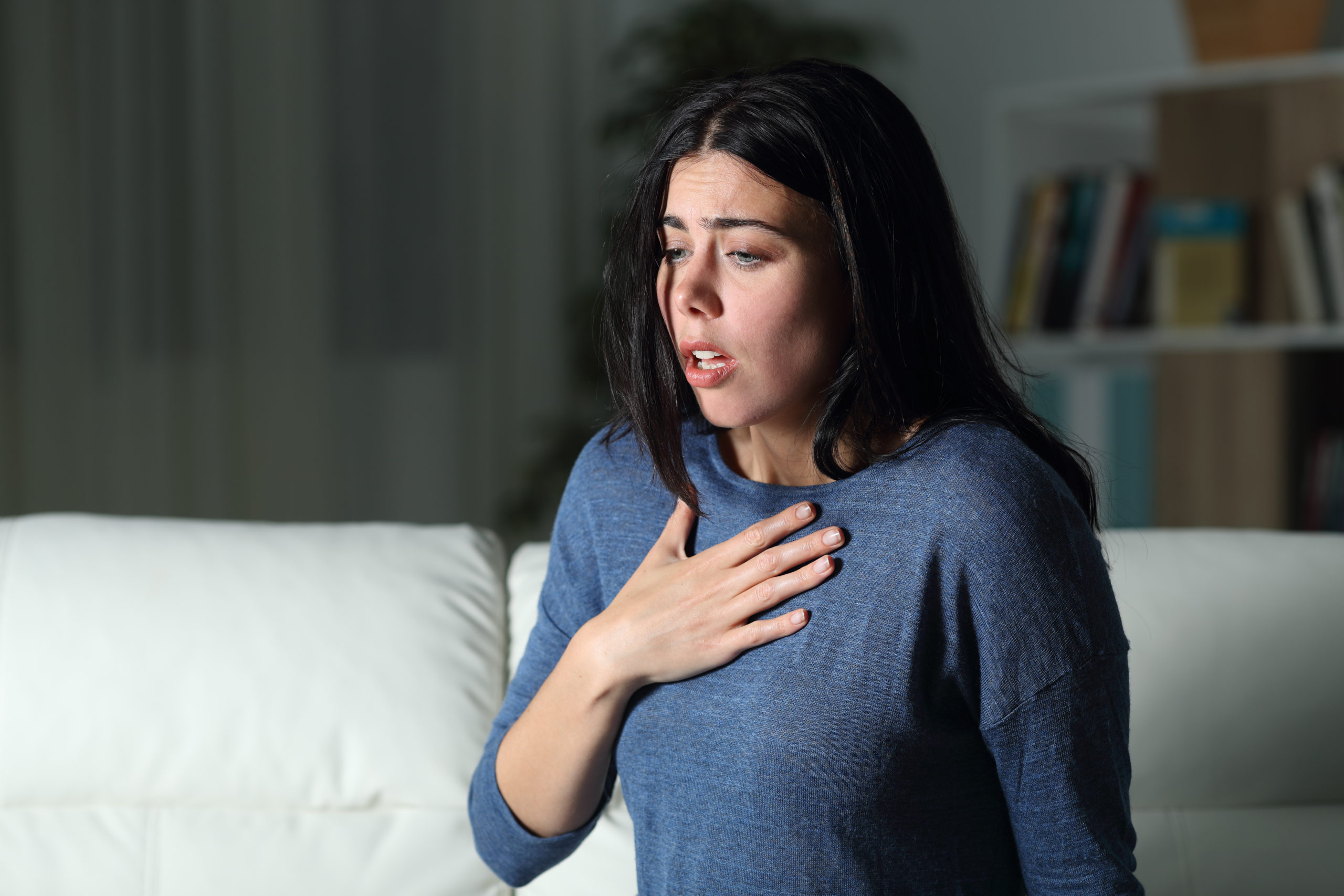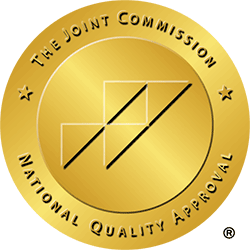
Opioid addiction is a significant and challenging issue that affects millions of people. At BriteLife Recovery, we understand that one of the most daunting aspects of seeking help for opioid addiction is the fear of withdrawal. Withdrawal from opioids can be an intense and uncomfortable experience, but understanding what it feels like and knowing that support is available can make the process more manageable. Here, we break down what withdrawal from opioids feels like and how professional care can ease the journey toward recovery.
Why Does Opioid Withdrawal Happen?
Opioids, including prescription painkillers like oxycodone and illegal drugs like heroin, work by binding to opioid receptors in the brain. They create a sense of euphoria and reduce pain, but over time, the brain becomes dependent on the presence of these drugs to function normally. When opioid use stops suddenly, the body goes into withdrawal as it tries to adjust to the absence of the substance.
Stages of Opioid Withdrawal
Withdrawal from opioids typically occurs in two main stages: the early stage and the late stage. The severity and duration of withdrawal symptoms can vary based on factors such as the type of opioid used, the duration of use, the dosage, and individual health conditions.
1.Early Stage (6-12 hours after last dose for short-acting opioids):
- Physical Symptoms: The early stage of withdrawal often begins with flu-like symptoms. People may experience muscle aches, sweating, runny nose, and frequent yawning. These symptoms can escalate to tearing eyes, chills, and goosebumps.
- Emotional Symptoms: Anxiety, restlessness, and irritability are common emotional symptoms in the early stage of withdrawal. These feelings can be intense, making it difficult to relax or sleep.
2. Late Stage (24-72 hours after last dose):
- Physical Symptoms Intensify: As withdrawal progresses, physical symptoms can become more severe. These may include nausea, vomiting, diarrhea, and abdominal cramping. High blood pressure and rapid heart rate may also occur, contributing to feelings of fatigue and weakness.
- Psychological Symptoms: During the late stage, individuals often experience heightened anxiety, depression, and intense drug cravings. Insomnia and mood swings can also be prevalent, making this stage particularly challenging.
What Does Opioid Withdrawal Feel Like?
Many individuals compare opioid withdrawal to having a severe case of the flu but with added emotional and psychological distress. The combination of physical pain, gastrointestinal issues, and emotional turmoil can feel overwhelming without proper support. People going through withdrawal may feel restless and unable to find comfort in any position. Intense cravings for opioids can make it difficult to resist using the drug just to relieve the symptoms.
Managing Opioid Withdrawal with Professional Help
While withdrawal can be daunting, it is essential to know that professional treatment centers like BriteLife Recovery offer support to help individuals through this difficult process. Medically supervised detox programs provide a safe environment where withdrawal symptoms can be managed effectively. Medication-assisted treatment (MAT), which includes the use of medications such as buprenorphine or methadone, can help reduce withdrawal symptoms and cravings, making the process more bearable.
Therapeutic Support: Alongside medical assistance, therapy and counseling are essential during withdrawal. At BriteLife Recovery, our team provides compassionate support to address the psychological symptoms of withdrawal and build coping strategies that promote long-term recovery.

Conclusion
Withdrawal from opioids can be an uncomfortable and intense experience, characterized by both physical and emotional symptoms. However, with professional support and a comprehensive treatment plan, overcoming opioid withdrawal and starting the path to recovery is achievable. At BriteLife Recovery, we are dedicated to helping individuals navigate withdrawal safely and successfully, providing the tools needed for a healthier, substance-free future. If you or someone you know is struggling with opioid addiction, reach out to BriteLife Recovery to learn how we can help guide you through every step of recovery.
SPEAK WITH AN ADDICTION SPECIALIST



